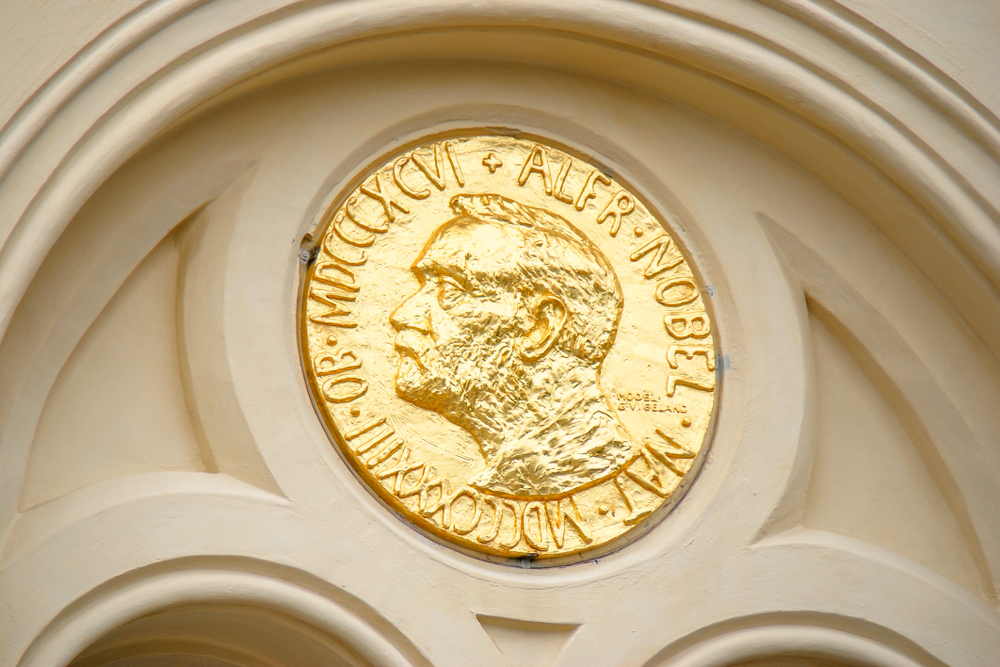
The Sveriges Riksbank Prize in Economic Sciences in Memory of Alfred Nobel was awarded to Daron Acemoglu and Simon Johnson from Massachusetts Institute of Technology, and James Robinson from the University of Chicago.
The laureates began researching to solve the question: why are some nations rich and some are poor? In their research, they analyzed how institutions are crucial in deciding whether a nation has a framework conducive to economic growth.
When Europeans colonized areas around the globe, they instilled varying institutions. Some were purely extractive, where resources were harvested purely for the benefit of a select few. In others, economic and political systems were implemented that made more sustainable economic growth occur in regions that were once poor. While both methods were intended to benefit the colonizers, systems with certain institutions led to more long-term growth.
Examples of these institutions are laws that guarantee private property, instill democracy, limit corruption, and more. These inclusive institutions both grant citizens the chance of upward mobility and the incentive to try. This creates innovation, and at a mass scale, sustainable economic growth.
The laureate’s work is critical to understanding why inclusive institutions are important and help explain differences between countries’ wealth.
Later this year, we will be presenting a webinar analyzing Daron Acemoglu’s research on possible “automation taxes”, and how they work in comparison to income taxes. We will share more details about this presentation when they are ready to share.
Sources:
Press release. NobelPrize.org. Nobel Prize Outreach AB 2024. Mon. 4 Nov 2024. <https://www.nobelprize.org/prizes/economic-sciences/2024/press-release/>
Niemann, Daniel, et al. “Nobel Economics Prize Goes to 3 Economists Who Found That Freer Societies Are More Likely to Prosper.” AP News, AP News, 15 Oct. 2024, apnews.com/article/nobel-economics-prize-db3bfe55ac17dd22cf82f1dd637bfa94.